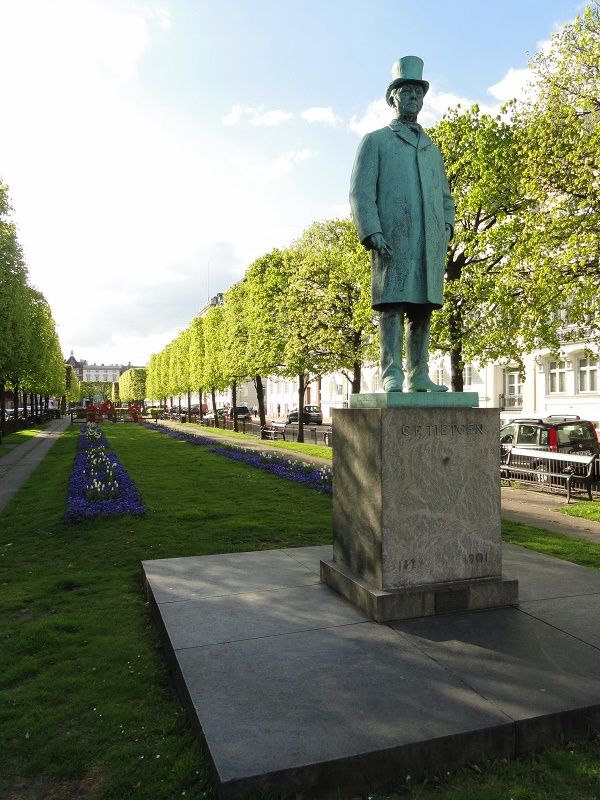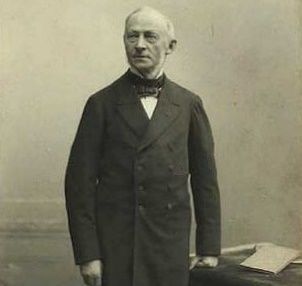The story of how three small telegraph companies merged under the visionary leadership of businessman C F Tietgen to become the Great Northern Telegraph Company is quite possibly the most important story in the entire history of Danish business. It travels into long-gone empires and unchartered territory to face authoritarian regimes and old world pirates. It maps the journey from the old world into the modern one we know today.
The story begins in 1869, when the newly-formed Great Northern Telegraph Company made a deal with the Russian tsar to create and run telegraph lines into Russia and beyond into Manchuria, opening up the possibility of connecting not just Europe with Russia but also Europe with the Far East as well. The diplomatic connection that made this tricky negotiation possible no doubt had a lot to do with Danish connections in the imperial court; just a few years earlier, the tsar’s son and heir, Tsarevich Alexander, had married the Danish princess Dagmar.
To this day, Tietgen (1829-1901) remains one of Denmark’s greatest businessmen, and this was his biggest and most ambitious project. During the years 1870-1871, when the company laid under-sea telegraph cables between Russia, Japan and China, it had more capital than the Danish National Bank. The company implemented its own foreign policy and was connected with all the major powers of the era: Britain, France, Japan, China and Russia.
First through the Suez
At that time, there was great competition to see who could connect Europe with the Far East first. Tietgen’s company won the contract and set sail for Hong Kong in April 1870. Along with three cable ships was the frigate ‘Tordenskjold’, a Danish naval vessel commissioned for the expedition in order to prevent attacks from Chinese pirates. The Tordenskjold was the first Danish ship to pass through the Suez Canal.
China was then a closed empire wary of both Europe and industrial progress, and earlier telegraph cables, which were laid above ground, had been torn down by farmers who felt that the poles interfered with the ‘feng shui’ of the land.
The Great Northern Telegraph Company’s first connections were made underwater between 1870 and 1871 and brought ashore at the mouth of the Yangtse River, where men armed with rifles prevented boatmen from anchoring where the cable lay. The connections were: Vladivostok-Nagasaki, Nagasaki-Shanghai and Shanghai-Hong Kong. They opened for traffic on 1 January 1872.
The company also encountered a problem telegraphing Chinese characters. It developed a four-figure code that assigned a special number to each of the most commonly used characters, which could then be telegraphed and deciphered using a code book and is still in use today.
WWII woes
The company’s diplomatic relations with Russia continued even after the revolution of 1917, making it the first foreign business to do business with the Bolshevik regime – though the Russian Revolution proved more challenging than the First World War to the telegraph company. It was also the only foreign company to be granted permission by Joseph Stalin to remain in the Soviet Union during his totalitarian rule of the 1930s.
Most of Great Northern’s telegraph connections were destroyed during the Second World War, so after 1939 the company diversified from a simple telegraph company into an industrial conglomerate – renamed GN Great Nordic – that experimented with various new technologies, including wireless radio.
Still later, of course, the concern would move into hearing aids, mobile telecommunications and Bluetooth technology. As for the company’s founder, he has been immortalised in the name of the new town ‘Tietgen Byen’, which is situated close to his birthplace in Odense.













